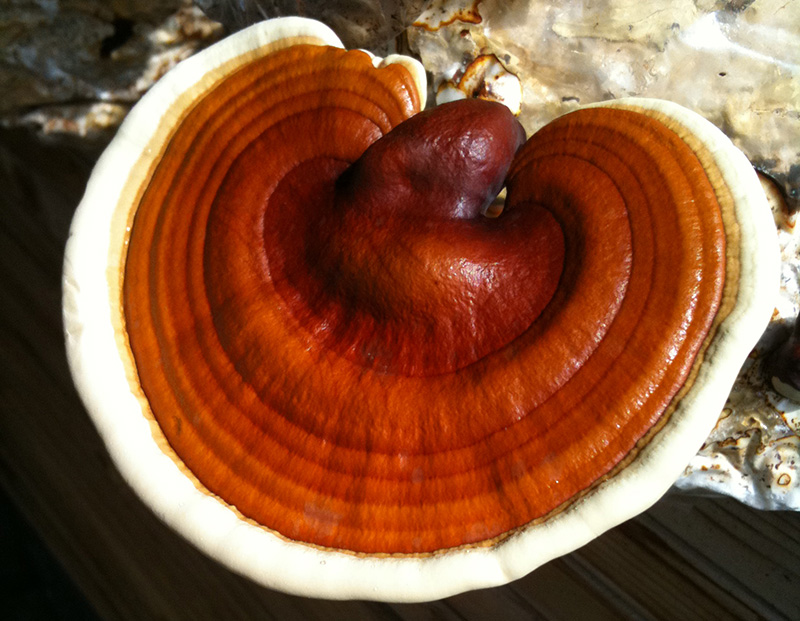 With the ownership of a family protection dog, it is important to be aware of the health risks that could pose a possible threat to your dogs well being. Just like a human, dogs are susceptible to cancer and tumors. In fact, cancer rates have been skyrocketing in both humans and canines in recent years. Your protection dog is a member of the family and will be counted on to do their job if necessary. This requires the canine to be healthy. No one wants to lose a member of their pack to cancer, so preventative initiative is important when considering the health of your personal protection dog.
With the ownership of a family protection dog, it is important to be aware of the health risks that could pose a possible threat to your dogs well being. Just like a human, dogs are susceptible to cancer and tumors. In fact, cancer rates have been skyrocketing in both humans and canines in recent years. Your protection dog is a member of the family and will be counted on to do their job if necessary. This requires the canine to be healthy. No one wants to lose a member of their pack to cancer, so preventative initiative is important when considering the health of your personal protection dog.
Medicinal Properties of Mushrooms
Recent studies have shown that the use of medicinal mushrooms can have outstanding health benefits. Mushrooms contain essential vitamins and nutrients for overall health and posses immuno-stimulating properties. The polysaccharides in mushrooms stimulate natural killer (NK) cells in the host body. These carbohydrates are responsible for the rejection and the limitation of tumors and microbial infections.
A study conducted by two faculty members at the University of Pennsylvania School of Veterinary Medicine took 15 dogs with hemangiosarcoma, an aggressive spleen cancer common in many dogs and split them into three groups of five. Each group was given the product I’m-Yunity, a blend of Coriolus mushroom in capsule form. Group one received a daily dosage of 25 mg, group two 50 mg and group three 100 mg. Each month the dogs were blood tested and given an ultrasound to record the progression of the cancer. From their results, the group that took 100 mg of immunity had the longest mean survival time of 199 days. Before this study was conducted, the longest median survival time was at 86 days with no further treatment.
Mushroom Poisoning in Personal Protection Dogs
According to ASpCA Animal poison Control Center, “99% of mushrooms have little or no toxicity. The 1% that are highly toxic can cause life-threatening problems in pets.”. So if your dog eats a mushroom out in the yard, there might be no reason to panic. However, it is strongly recommended that you get your canine to the vet and checked out. Some symptoms of mushroom poisoning include, vomiting, diarrhea, yellowing of the skin (jaundice), lethargy, uncoordinated movements, excessive drooling (ptyalism), abdominal pain, weakness, seizures, and coma.
When introducing your personal protection dog to a new food in their diet, such as mushrooms, it is important to start with smaller amounts to avoid any gastrointestinal issues that might occur. Be aware of your dogs’ physical reaction and always use moderation. It is important to cook the mushrooms beforehand. Cooking them will get rid of harmful carcinogens and allow the mushrooms to be more beneficial.
An increasing amount of dogs are becoming obese due to overfeeding and lack of exercise. This leads to added stress on joints, ligaments and muscles which can result in hip dysplasia, arthritis, and spinal disc disease. It is up to the handler to ensure that their personal protection dog is having their basic needs met. This includes the proper vitamins and minerals required to maintain a good quality life. It is important to protect the health of the one you may call upon to do the same for you.
Types of Mushrooms Safe and Beneficial For Canine Consumption
Reishii (Ganoderma lucidum) – a well known healing mushroom used widely in Asian culture for its powerful immunity properties. Reishii is also known to reduce the risk for cancer and better activates natural killer cells.
Chaga (Inonotus obliquus) – known for its anti-cancer properties and as an immune booster. Chaga is also known for its anti-inflammatory properties as well as helping lower cholesterol.
Coriolus (Coriolus versicolor) – also known as Turkey tail, has been used in chinese medicine for over 2,000 years. Japan has recognized this as an acceptable medicine to help patients with cancer. It is also known to inhibit tumor growth.
Maitake (Grifolia frondosa) – known in Japanese as “Dancing Mushroom”, Maitake is the most effective mushroom at inhibiting tumor growth in clinical studies.
